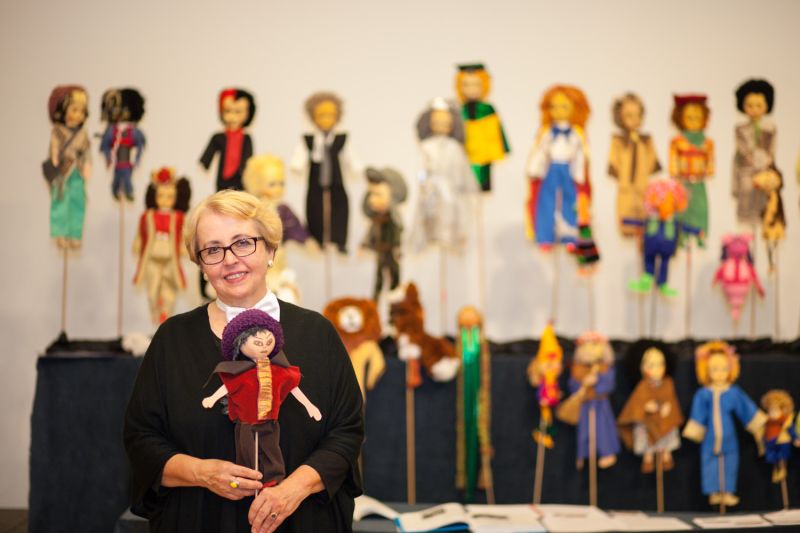Maria Końska-Chmielecki. Puppets, passion and Polish traditions
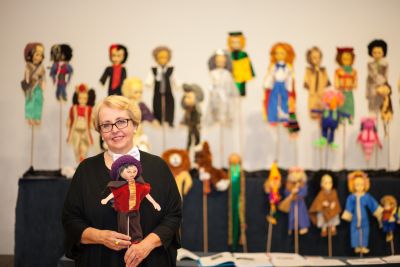
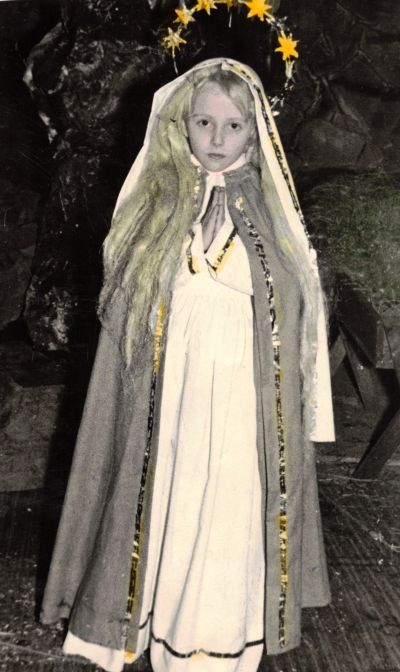
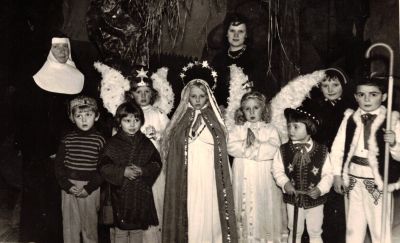
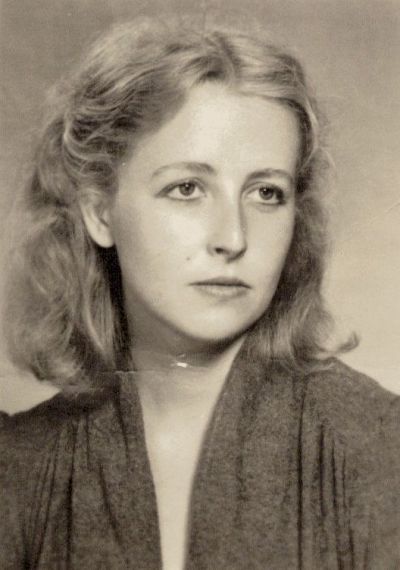
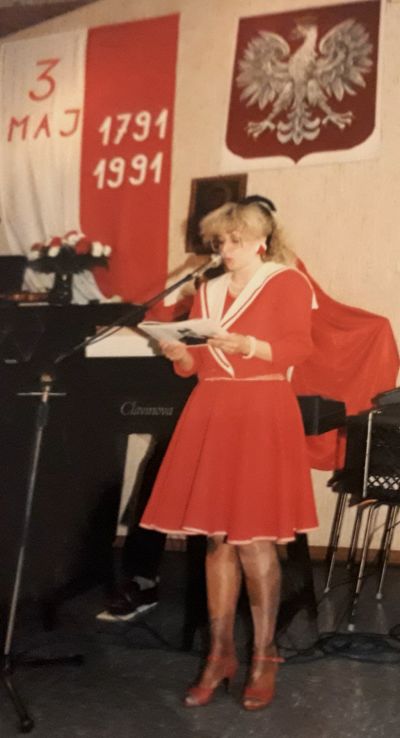
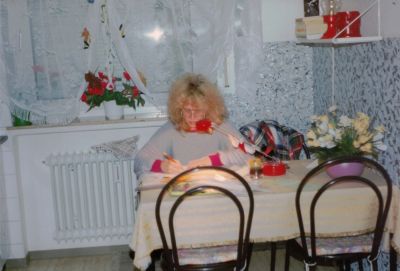
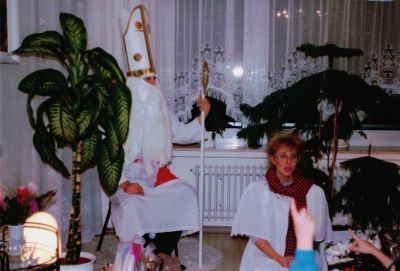
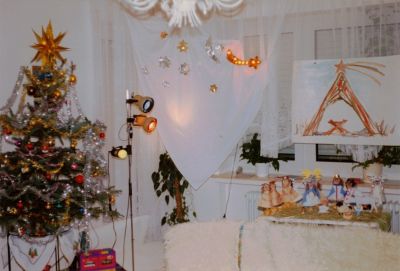
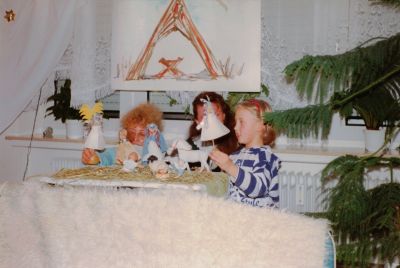
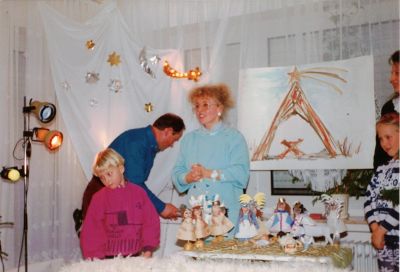
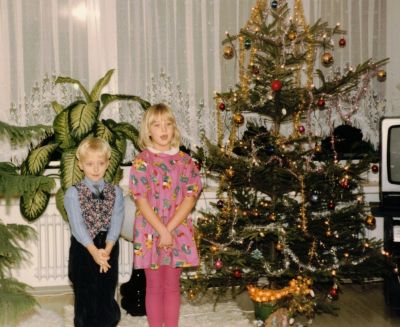
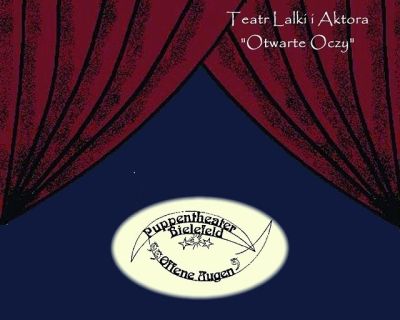
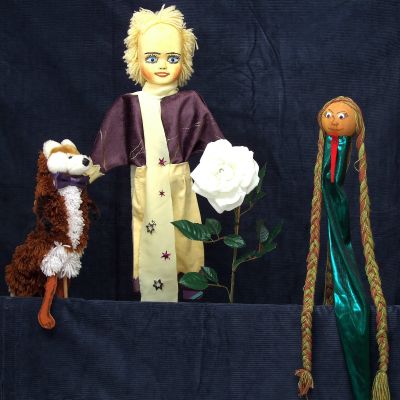
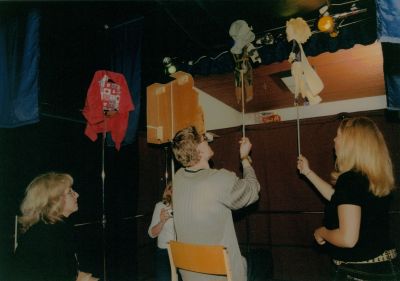
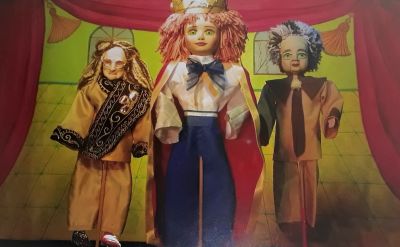
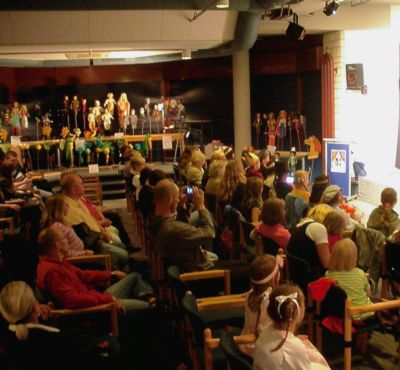
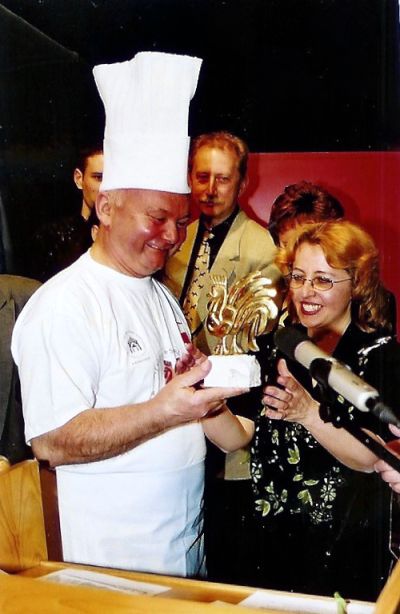
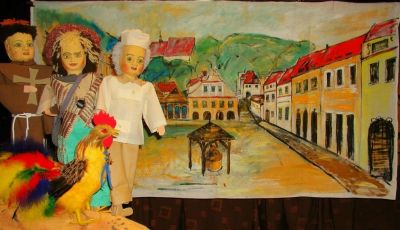
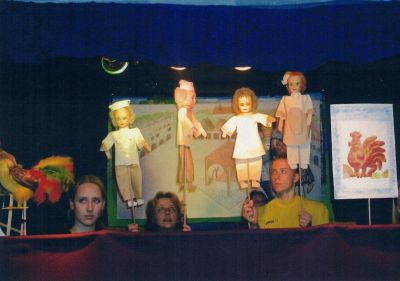
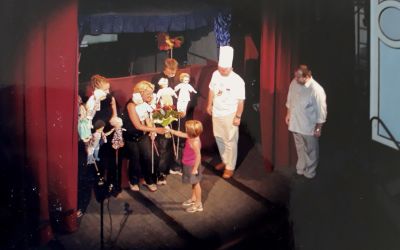
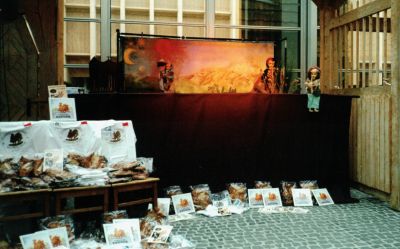
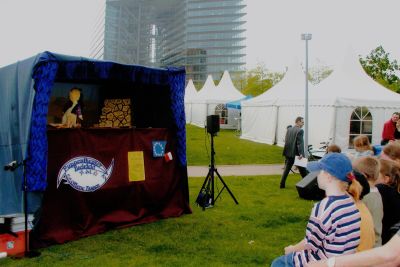
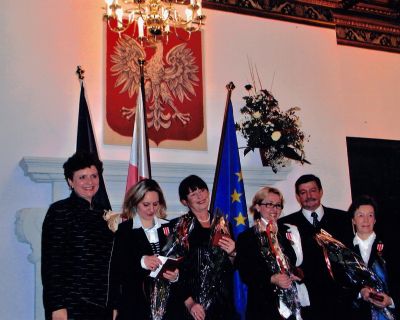
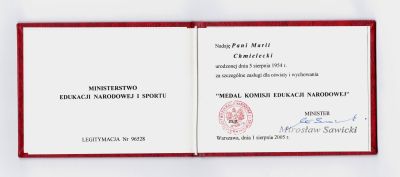
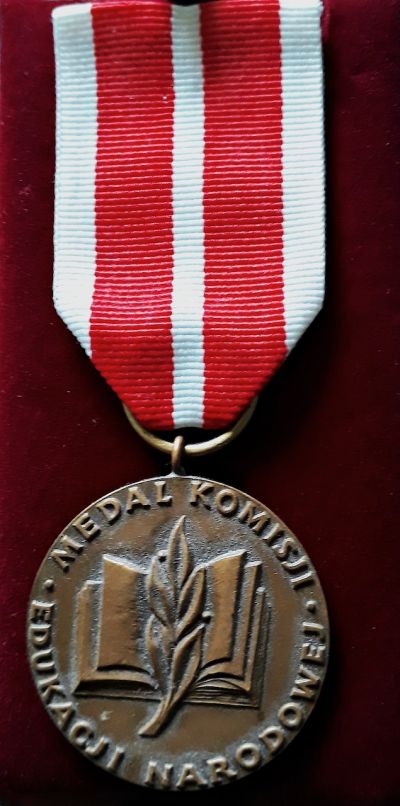
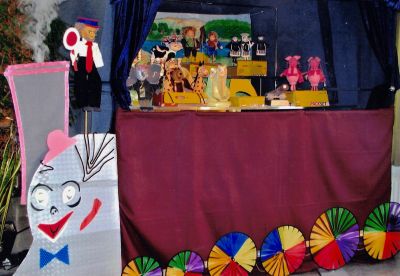
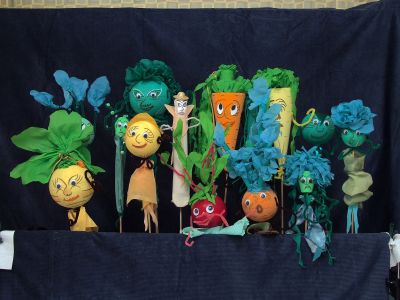
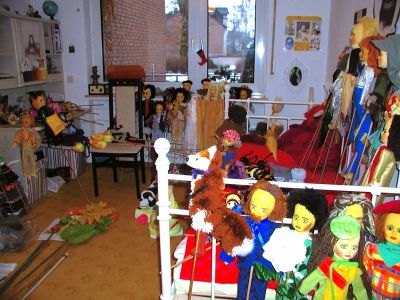
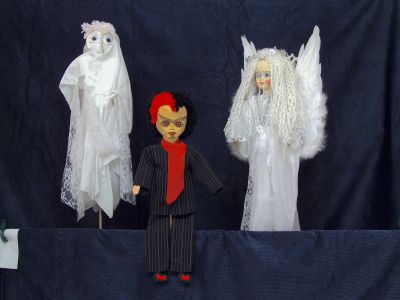
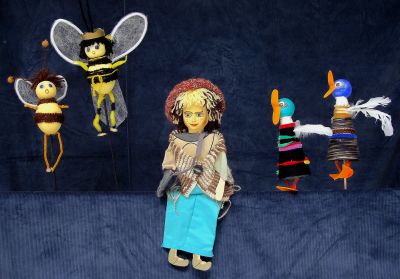
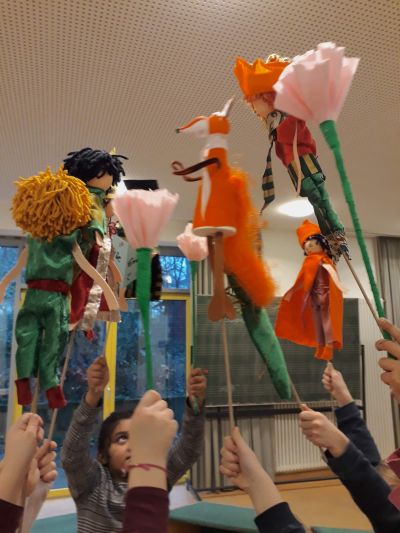
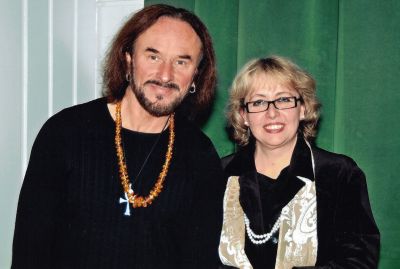
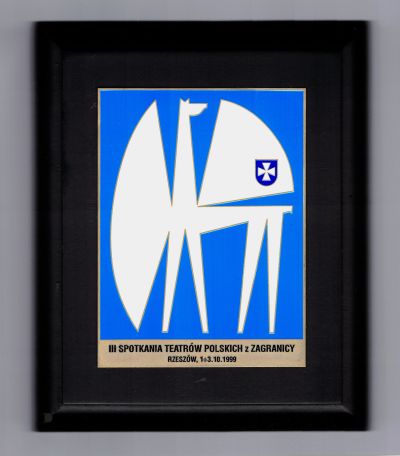
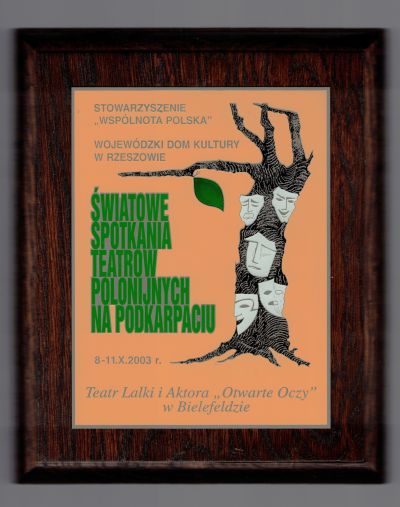
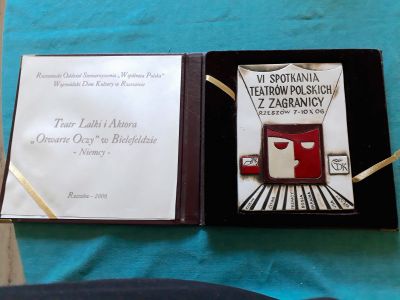
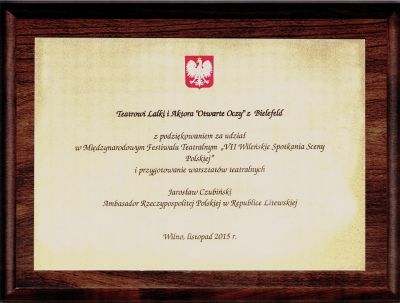
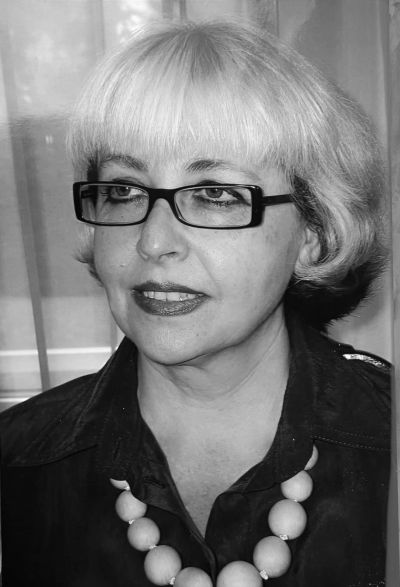
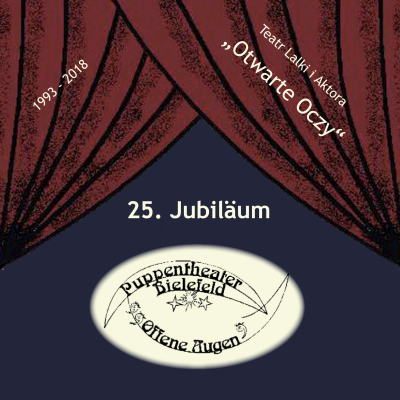

Cultural exchange and creative expression.
The puppet theatre’s mission
One particularly noticeable feature of the puppet theatre was the fact that some performances were given in both German and Polish. Keeping the Polish traditions alive was always important for our parents, since we were born and grew up in Germany.
Two of our mother’s main goals were to familiarise us children with both cultures and to increase our understanding of German-Polish relations, as well as to foster creative expression in the community. She hoped that the cultural exchange would raise awareness of the differences between the two cultures as well as their shared features. This type of connection not only helps enrich a culture, but also strengthens interpersonal relationships. Promoting creative expression in the community can also help break down barriers and create a space for cultural diversity that benefits society as a whole.
In her speech in 2018 to mark the 25th anniversary of the founding of the theatre, which by chance coincided with the 100th anniversary of Polish independence, Maria Końska-Chmielecki reflected on the importance of theatre:
“When I think of the theatre, I always regard it as being a different way of reading a book. The impressions that are created on stage are precise representations and movements of the actors, which have been carefully worked through in advance by the director or choreographer. However, a book that we hold in our hands invites us to assume the role of director, choreographer and actor ourselves. While we read a book, we create everything ourselves, albeit only in our minds and hearts. The story is created just for us, just for me alone, here and now.
In the theatre, we experience the book and its story together and express our feelings by applauding. The question therefore arises: is the book alone the source of our inspiration? I have worked in the theatre since I was a child. In my view, both forms are interconnected in a particular way; they influence each other and enrich our soul, our senses and our intellect. We humans are very creative beings. We represent the world as we understand it and be it through painting, theatre or music, art is created. As Pablo Picasso once said: ‘Art washes the dust of everyday life from the soul.’
This year, the ‘Offene Augen’ puppet theatre celebrates its 25th anniversary. Over the past 25 years, the theatre has participated in various different cultural projects and theatre workshops for children, teenagers and adults. The puppet theatre has given performances in three languages: Polish, German and English. We have taken our plays to Poland, France and Lithuania, as well as to nine German federal states. For me, the most interesting aspect of the puppet theatre’s work has been the theatre workshops with school pupils. Some of them continued to work with the theatre for years afterwards, and you could watch these young people’s personalities evolve as they performed the plays.
I am proud to say that it was a wonderful period, during which we ‘read books together on stage’. 2018 is not just a special year for the puppet theatre, which celebrates its 25th anniversary, but also for Poland, the country where I was born and where I grew up. Poland is celebrating its 100th year of independence. My best wishes, therefore, to Poland and to my puppet theatre!”





















































































